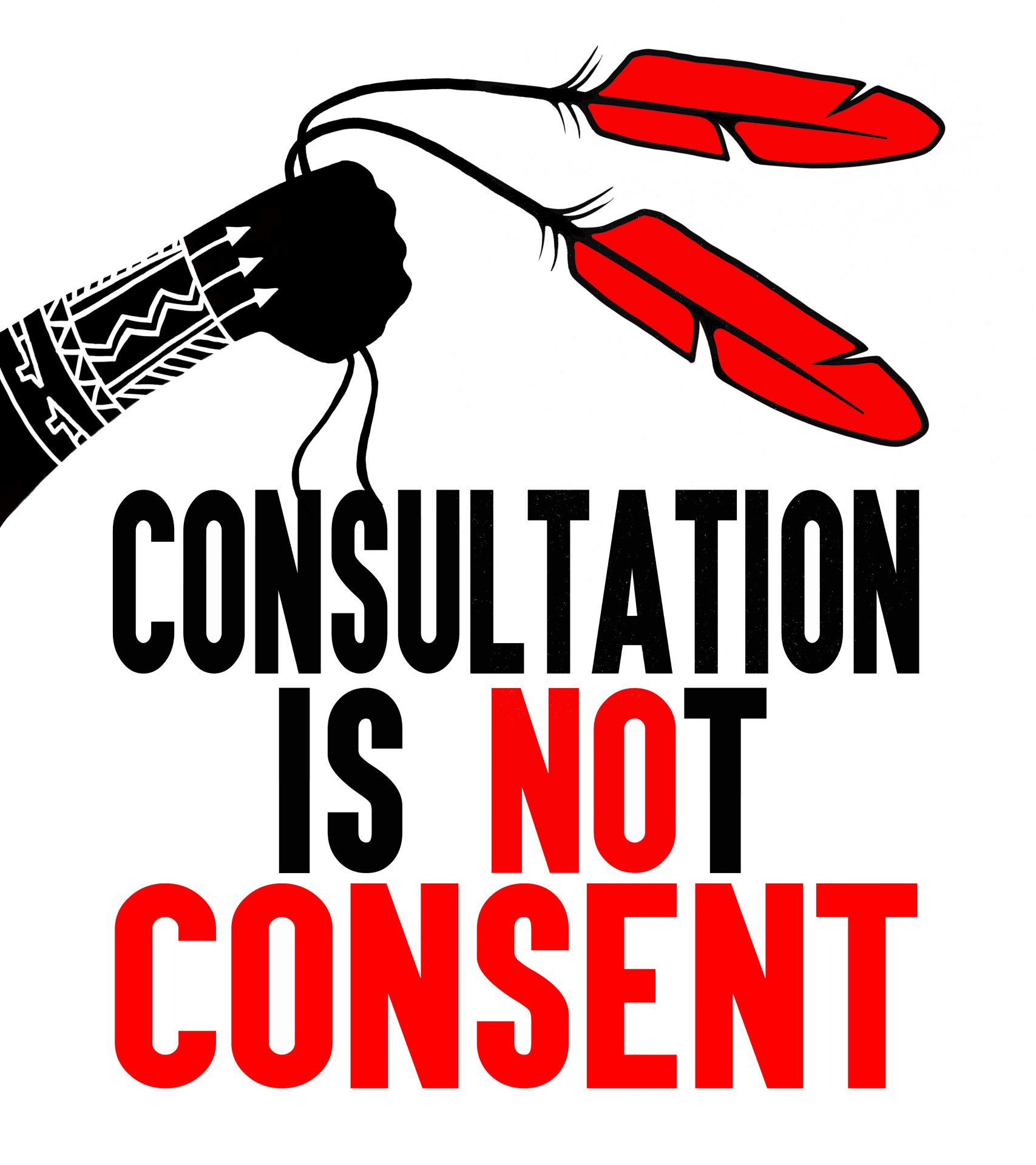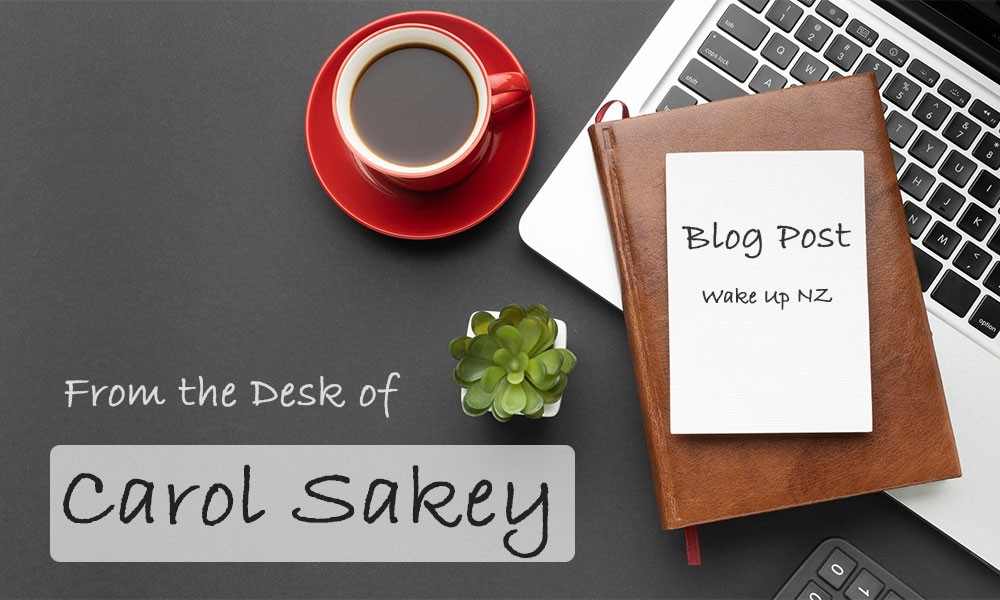It appears that Judicial Activism is high on the list of historical events since the signing of the original Te Tiriti o Waitangi of February 1840 and the collaboration of politicians who have no conscience as to leading New Zealand into a state of apartheid.
The Prime Ministers Cabinet Guidance Rules for all political parties and admin Staff adopt not just the Tiriti o Waitangi, the Māori Version, but also the English Version and whatever they want to adopt in between. 12TH October 2023 it was reported that David Seymour talking about enshrining the Treaty’s principles, properly understood, in our constitutional settings, ACT would promote the Treaty as it was actually signed, not the divisive version invented by judges and academics.
“ACT has consistently said the Treaty is a taonga and that its principles provide the basis for a modern liberal democracy – the government is sovereign, its job is to protect property rights, and we all have equal rights and duties. ACT says those principles should be codified in legislation and New Zealanders should be allowed to vote on them, rather than allowing the courts to surreptitiously change our constitution.
I personally have a problem with David Seymour’s article when he states “the ‘Principles’ of Te tiriti o Waitangi being codified in legislation and New Zealanders should be allowed to vote on them”. Firstly Act refers that they have consistently said the Treaty is a Taonga (which lacks direct translation into English). This refers to a Maori language word that refers to ‘treasured possession in Maori Culture’.
This is the founding document of New Zealand,. Article 1 of the Te tiriti o Waitangi says that the Queen is to be the Sovereign, that Maori are to be her subjects, with the rights and privileges of subjects like everyone else, no less and no more than anyone else. The Treaty is not a valid treaty in International law, It does not have an independent legal standing as part of law of NZ. It only become part of the law of NZ in situations where Parliament declares it as a Statute. Although Parliament does refer to the ‘Principles’ of the Treaty, parliament has never defines them. None of the various lists o ‘treaty principles’, not even the list decided on by the Courts, accurately reflects what the Treaty actually says.
The suggestion that Maori did not understand themselves to be yielding, ceding Sovereignty by the signing of Te Tiriti o Waitangi is dishonest, not true. Te Tirit o Waitangi (the original Maori Version) did not create ‘Principles’. If the Treaty was embedded in the NZ Constitution, the rights of Maori under the Treaty of Waitangi would be recognized and affirmed. Maori would be legally entitled to pursue claims for natural resource for example water and other natural resources , as ‘taonga’ forever. This means, public and private property would have ‘Treaty Principles’ imposed on it. Courts would be able to rewrite Acts of Parliament. The Waitangi Tribunal would be able to make recommendations that ‘privately owned land’ be returned to Māori ownership. Māori would have precedence over ‘non-Māori’ in the distribution of ‘health care’, education and welfare. Constitutionally based ‘treaty rights’ could entitle criminals with Māori ancestry to preferential treatment, to gentler sentences.
In 2005 the ‘Treaty Tribes Coalition, especially the South Island tribe Ngai Tahu maintained “that the greatest shortcoming of NZ’s current constitutional arrangements is their failure to fully recognize the fundamental significance of the Treaty Of Waitangi”. This is when Peter Dunne United Futures leader was undertaking a sweeping review of NZs Constitutional arrangement.
Two constitutional groups namely Auckland University Prof., Margaret Mutu convened a Iwi Leaders Constitutional Working Group, it was a self appointed group pushing for a separatist constitution based on the 1835 Declaration of Independence that resembled the UN Declaration for the Rights of Indigenous Peoples. David Round law lecturer spoke for a further group, the Independent Constitutional; Review Panel thus issuing a ‘Declaration of Equality’. Thus rejecting reference to the Treaty of Waitangi, and its Principles in any constitutional document, wanted such references to be removed from all existing legislation, wanted race-based parliamentary seats abolished and also he wanted race based representation on local boards abolished, also the Waitangi Tribunal abolished.
Some good ideas there, however the Te Tiri of Waitangi is NZ’s Founding Document, and it should never have been legislated upon. The original Maori version of the 1840 Te Tiriti o Waitangi should be celebrated in its original glory, in which there were no Principles or Partnership in this important document. In this case “every law in New Zealand would be liable to challenge as being in breach of ‘the rights of the Maori people’. Hence no settlement claims
The corrupted Te Tiri o Waitangi runs parallel with the UN Declaration of Indigenous Peoples Rights in which Iwi Elite and the Māori Party are pushing. Where Arderns Cabinet Office signed the first draft of this. November 21st -23rd 2023 the Aotearoa NZ Centre for Indigenous Peoples and the Maori Law Review and other Iwi parties convened a conference at Auckland University the theme being ‘Korero Constitution’ Nanaia Mahuta opened the second day of the meeting with a speech.
There were overseas guests in attendance.. It was reported that “discussion, advice, information took place where the govt had an opportunity to engage with academic experts on constitutional law and Indigenous rights”. Thus transforming NZs Constitution. Recognizing Māori Rights in Te Tiriti o Waitangi, referring to the Declaration of Independence and the UNDRIP. When ACT Party David Seymour said that the Principles of the Te Tiri of Waitangi should be codified. (The original founding Māori version of Te Tiriti o Waitangi created NO Principles, its been politically corrupted. So now he wants to recognize there are Principles and codify them?
I personally believe that there should be no acknowledgement legally of the UNDRIP in legislation or otherwise. Just amend the Te Tiriti O Waitangi back to its original state with no principles and No Partnership’. Take all Principles and Partnership pertaining to the Treaty out of legislation. It was legislation that corrupted the Te Tiriti o Waitangi, now another corruption by recognizing there are Principles to codify
I myself do not trust Government Referendums. The People of NZ have no end decision making rights, they have no legally binding legislation in the Parliaments Initiated Referendum Act. But the Govt have binding and non binding rights in the Act. People trusted the govt and they corrupted Te Tiriti o Waitangi the founding document of NZ. WHY WOULD YOU TRUST THEM?
The legislated Principles and the Partnership corruption of the Te Tiriti o Waitangi runs in parallel to the UN Declaration for the Rights of Indifenous Peoples. This is why NZ Govt under Labour refused to sign it on 13th September 2007 (However in 2010 John Key arranged secretly with Co Leader of Maori Party Pita Sharples to visit the UN, to sign the UN Declaration)
13th September 2007, Rosemary Banks represented NZ and spoke on NZ’s behalf. This is why it was rejected.(Canada, Australia, US and NZ rejected the UNDRIP in 2007). Rosemary Banks explained to the gathering at the UN Assembly. NZ had a role in implementation of the text of the UN Declaration prior to 2007, however she said “with deep regret NZ is unable to support the text presented before the UN Assembly. There was difficulty with four provisions in the Declaration that were incompatible with NZ’s Constitutional and Legal Arrangements.
1)The Treaty of Waitangi (2) The governing for the GOOD OF ALL OF NZ”S CITIZENS’. (3) Article 26 on LANDS & RESOURCES, (4) on REDRESS (COMPENSATION) (5) Articles 19 and 32 on RIGHT OF VETO OVER THE STATE
1.A) The provisions on Lands and Resources could not be implemented in NZ as (Article 26) stated that Indigenous Peoples had a right to own, use, develop or control lands and territories that they had traditionally owned, occupied or used.
FOR NZ THAT WOULD MEAN THE ENTIRE COUNTRY. Also means under this scope it require recognition of Rights to Lands now LAWFULLY OWNED by OTHER CITIZENS.
This does not take into account the CUSTOMS, TRADITIONS and LAND TENURE SYSTEMS of Indigenous Peoples concerned. It also implies that Indigenous Peoples have rights that others do not have.
ARTICLE 28 on REDRESS (COMPENSATION) Takes no account of the fact that land might now be occupied, or legitimately owned by others, or subject to numerous different overlapping Indigenous claims. The UN Declaration implies that Indifenous Peoples have a right of VETO over a democratic legislature and also NATIONAL RESOURCE MANAGEMENT.
The UNDRIP implied different classes of Citizenship, where Indigenous People had a RIGHT OF VETO that other groups or individuals DO NOT HAVE.
The PROVISIONS IN THE UN DECLARATION in include PROVISIONS that are fundamentally incompatible with DEMOCRATIC PROCESSES, LEGISLATION and CONSTITUTIONAL ARRANGEMENTS. Rosemary Banks reported that the UN Declaration (UNDRIP)_ was explained by its supporters as being an ‘ASPIRATIONATIONAL DOCUMENT’ intended to INSPIRE rather than to have LEGAL AFFECT. She also added that “the history of the negotiations on the UN Declaration and the divided manner in which it has been adopted demonstrated that the text did not state propositions that were reflected by State practice, or which would be recognized as the general principles of law.
AS FOR THE TERMINOLOGY ‘INDIGENOUS PEOPLES’ this was established by a Tanzania Parliamentarian by the name of Parkipuny. Later on promoted by George Manuel President of the Canadian Indian Brotherhood and he was key to establishing the World Indigenous Council, he played a part in preparation of the UNDRIP (UN Declaration). At the gathering at the UN Assembly for the World Indigenous Council; 100 protestors walked out in protest as they had not consented to be classified, labeled as Indigenous People.
Early 1970’s George Manuel visited NZ met up with Maori Politicians and a small number of Maori entertainers where he talked seriously about this being called ‘Indigenous Peoples’, he then went onto Australia and spoke with Aboriginal Students. He communicated, met with world leaders and travelled extensively. Te Tiriti o Waitangi did not created the term ‘Indigenous Peoples’ Parkipuny did and George Manuel of the Canadian Indian Brotherhood spread this world wide.
PERSONALLY I DO NOT BELIEVE WE NEED A REFERENDUM, JUST EXPOSE THE TRUTH -DESTROY THE POLITICAL LEGISLATIVE CORRUPTNESS THAT BEEN DELIBERATELY PERPETRATED WITHIN THE TE TIRI o WAITANGI –THE DARK SIDE OF POLITICS.
TAKE OUT FOUNDING DOCUMENT TE TIRITI BACK TO ITS ORIGINAL FOUNDING DOCUMENT THAT HAD NO PARTNERSHIP AND NO PRINCIPLES.
DESTROY THE PARLIAMENTARY POLITICAL LEGISLATED CORRUPTION, DAMAGE OF TE TIRITI O WAITANGI THAT HAS CAUSED SEPERATISM & DIVISION WITHIN OUR NATION.
LET US THE PEOPLE OF NEW ZEALAND BE ONES TO SHOW THE WORLD WE ARE PROUDLY ‘ONE PEOPLE OF ONE NATION’ GOD’S OWN AND GOD BLESS NEW ZEALAND..
https://www.act.org.nz/hipkins_campaign_of_fear_on_treaty_will_fail
https://press.un.org/en/2007/ga10612.doc.htm
https://sites.google.com/site/treaty4dummies/home/treaty-based-constitution
...



